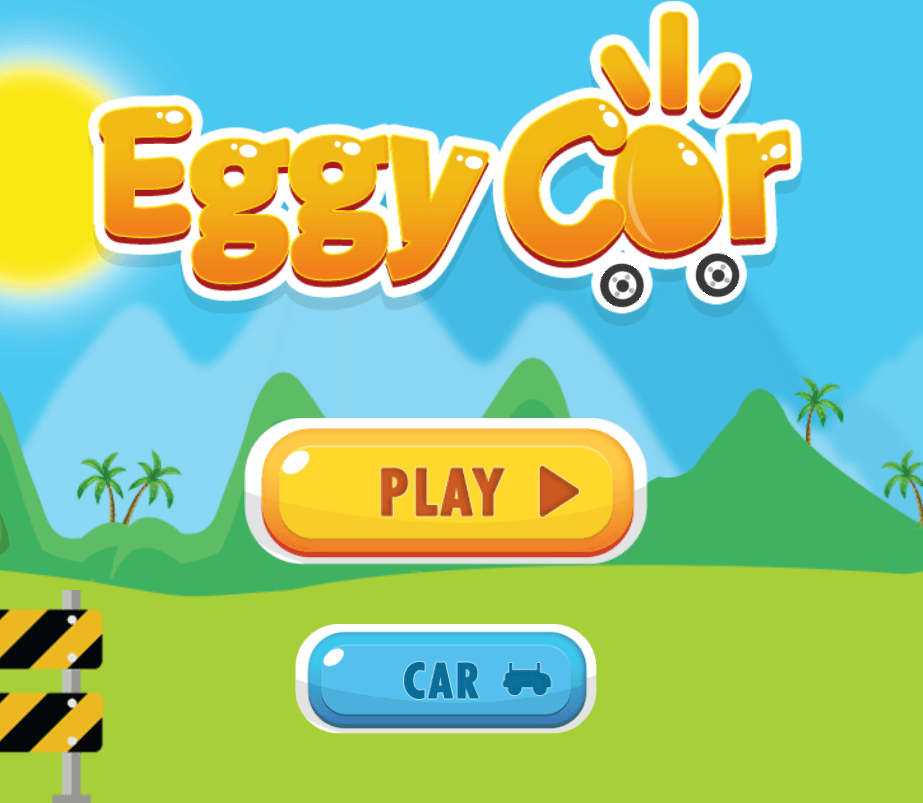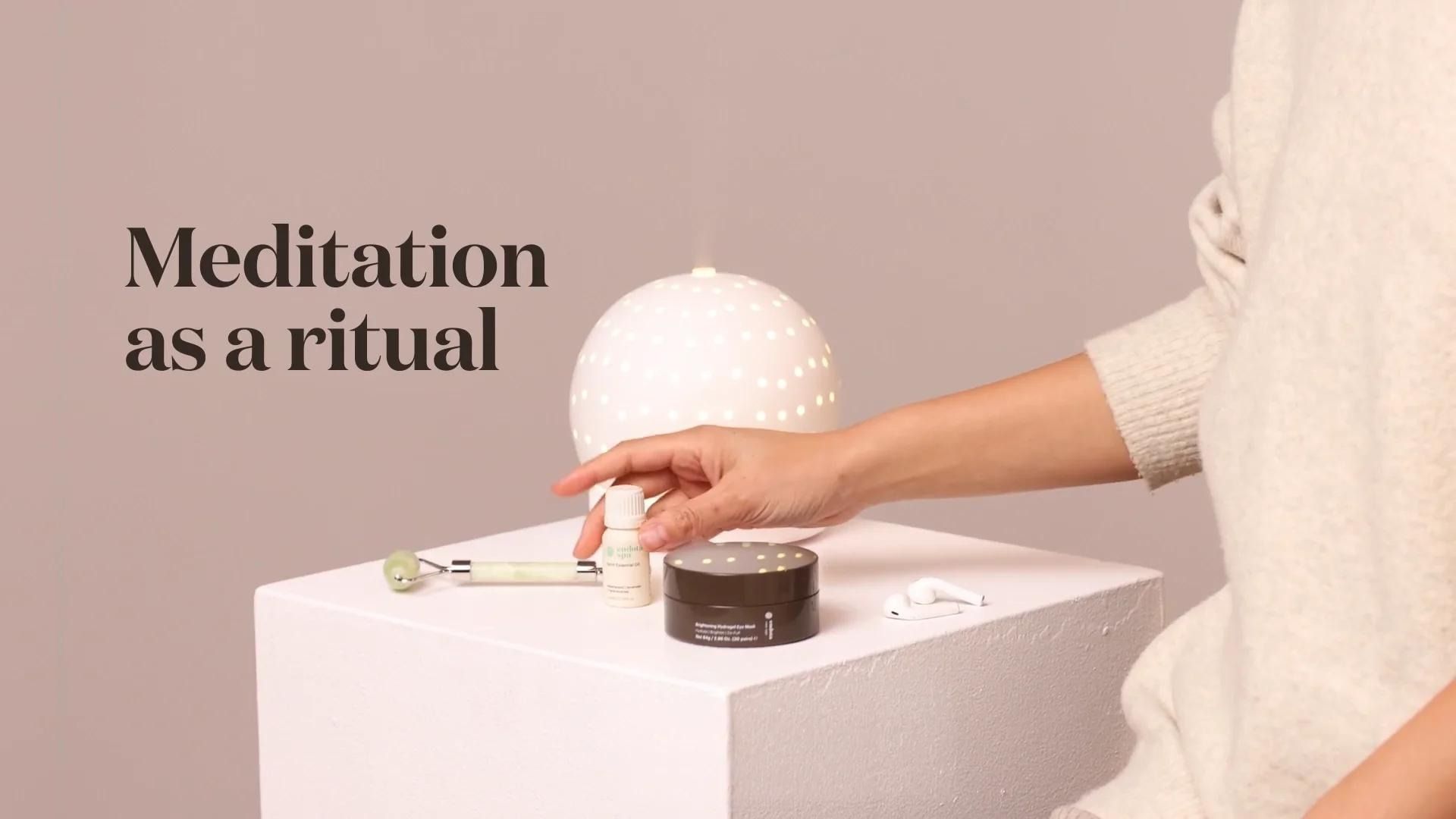

Self-care rituals are essential for maintaining overall well-being and enhancing productivity. Let’s learn more about this topic below with Eggy Car, as we explore effective self-care practices that can boost your efficiency and performance in various aspects of life.
Self-care is often misunderstood as a luxury or indulgence, but it is actually a crucial component of maintaining optimal physical and mental health. When we prioritize self-care, we are better equipped to handle the challenges and demands of our daily lives. This, in turn, leads to increased productivity and efficiency in our personal and professional endeavors.
By incorporating self-care rituals into our routines, we can recharge our batteries, reduce stress, and cultivate a positive mindset that allows us to approach tasks with renewed energy and focus.
One of the key reasons why self-care is so closely linked to productivity is that it helps prevent burnout. When we neglect our own needs and push ourselves too hard without taking breaks or engaging in activities that bring us joy and relaxation, we run the risk of becoming overwhelmed, exhausted, and ultimately less effective in our work and personal lives.
By contrast, regular self-care practices can help us maintain a healthy work-life balance, manage stress more effectively, and sustain our motivation and enthusiasm over the long term.
It’s important to note that self-care looks different for everyone, and what works for one person may not be as effective for another. The key is to find activities and rituals that resonate with you personally and that you can realistically incorporate into your daily or weekly routine. With that in mind, let’s explore some self-care rituals that have been shown to have a positive impact on productivity and overall well-being.
Mindfulness and meditation are powerful self-care tools that can significantly boost productivity by improving focus, reducing stress, and enhancing overall mental clarity. These practices involve training your mind to be present in the moment, rather than dwelling on past events or worrying about the future. Regular mindfulness and meditation can help you develop a greater sense of calm and emotional stability, which can be particularly beneficial when facing challenging tasks or high-pressure situations.
One simple way to incorporate mindfulness into your daily routine is to practice deep breathing exercises. Take a few minutes each day to sit quietly and focus on your breath, inhaling deeply through your nose and exhaling slowly through your mouth. This simple act can help calm your nervous system and bring your attention to the present moment, allowing you to approach your work with renewed focus and clarity.
Another effective mindfulness technique is the body scan meditation. This involves lying down or sitting comfortably and systematically focusing your attention on different parts of your body, from your toes to the top of your head. As you do this, notice any sensations or tension in each area without judgment. This practice can help you become more aware of physical sensations and release tension, leading to improved relaxation and mental clarity.
For those who prefer a more structured approach, guided meditations can be an excellent way to get started with mindfulness practices. There are numerous apps and online resources available that offer guided meditations of varying lengths and focuses. Starting with just 5-10 minutes a day can make a significant difference in your ability to manage stress and maintain focus throughout the day.
While setting aside dedicated time for meditation is valuable, you can also incorporate mindfulness practices into your workday to boost productivity. For example, try taking short “mindful breaks” between tasks. Spend a minute or two focusing on your breath or observing your surroundings without judgment. This can help reset your mind and improve your ability to concentrate on the next task at hand.
Another technique is to practice mindful eating during your lunch break. Instead of rushing through your meal or eating while working, take the time to fully engage with your food. Notice the colors, textures, and flavors of each bite. This not only helps you enjoy your meal more but also gives your mind a chance to rest and recharge before returning to work.
Regular physical exercise is a powerful self-care ritual that can significantly boost productivity. Engaging in physical activity not only improves your physical health but also has numerous benefits for your mental well-being and cognitive function. Exercise releases endorphins, which are natural mood-boosters, and can help reduce stress, anxiety, and depression. Additionally, physical activity increases blood flow to the brain, which can enhance cognitive function, memory, and creativity.
The type and intensity of exercise that works best for you may vary depending on your fitness level, preferences, and schedule. However, incorporating some form of regular physical activity into your routine can have a profound impact on your overall productivity and well-being. Here are some ways to make exercise a part of your self-care routine:
Morning workouts can be an excellent way to start your day on a positive note. Whether it’s a brisk walk, a yoga session, or a more intense cardio workout, exercising in the morning can help energize you for the day ahead and improve your focus and concentration. If you’re using Eggy Car to track your fitness goals, you might consider setting a reminder for your morning workout to help establish a consistent routine.
If morning workouts don’t fit your schedule, consider incorporating movement breaks throughout your workday. Taking short walks during your lunch break or between meetings can help refresh your mind and boost your energy levels. Even simple stretches or desk exercises can help alleviate physical tension and improve your focus when you return to your tasks.
For those who prefer more structured exercise routines, consider joining a gym or fitness class. Group fitness classes can provide motivation and accountability, making it easier to stick to your exercise goals. Many people find that having a set schedule for workouts helps them prioritize this important aspect of self-care.
Combining exercise with time spent in nature can amplify the productivity-boosting benefits of physical activity. Activities like hiking, trail running, or even gardening not only provide physical exercise but also offer the added benefits of exposure to nature. Studies have shown that spending time in green spaces can reduce stress, improve mood, and enhance cognitive function.
If you live in an urban area, seek out local parks or green spaces where you can exercise outdoors. Even a short walk in a nearby park during your lunch break can provide a refreshing change of scenery and help clear your mind. Using Eggy Car to track your outdoor activities can help you stay motivated and see the progress you’re making in incorporating nature-based exercise into your routine.
Engaging in creative activities and pursuing hobbies is an often-overlooked aspect of self-care that can have a significant impact on productivity. When we make time for activities that we enjoy and that allow us to express ourselves creatively, we give our minds a chance to rest and recharge from the demands of work and daily responsibilities. This mental break can lead to increased focus, improved problem-solving skills, and enhanced overall well-being when we return to our tasks.
Creativity comes in many forms, and it’s important to find activities that resonate with you personally. Some people might find joy in painting, drawing, or other visual arts. Others might prefer writing, playing a musical instrument, or engaging in crafts like knitting or woodworking. The key is to choose activities that you find genuinely enjoyable and that allow you to enter a state of flow, where you become fully absorbed in the task at hand.
One way to incorporate creative activities into your self-care routine is to set aside dedicated time each week for your chosen hobby. This could be an hour or two on the weekend, or shorter periods spread throughout the week. Treat this time as important as any other appointment, and resist the urge to cancel it in favor of work or other obligations. By consistently engaging in creative activities, you’ll likely find that you return to your work with renewed energy and fresh perspectives.
If you’re struggling to find time for hobbies, consider ways to integrate creativity into your daily routine. For example, you might start a journal where you write for a few minutes each morning or evening. This can serve as both a creative outlet and a way to process your thoughts and emotions. Alternatively, you could listen to music or audiobooks during your commute or while doing household chores, engaging your mind creatively even as you complete necessary tasks.
Taking up a new hobby or learning a new skill can be particularly beneficial for boosting productivity. When we challenge ourselves to learn something new, we stimulate our brains and create new neural pathways.